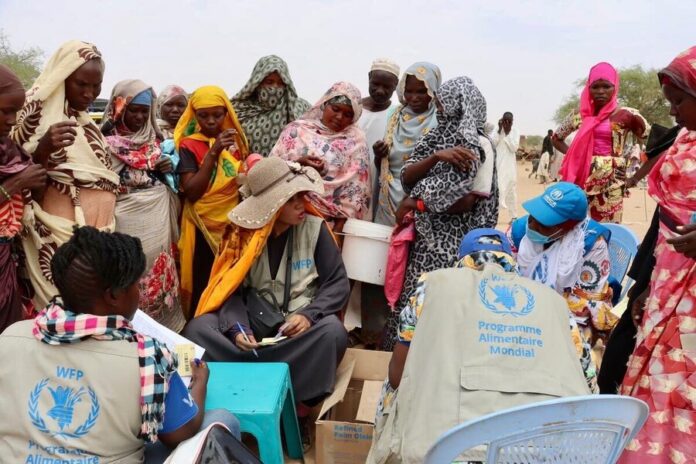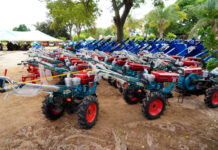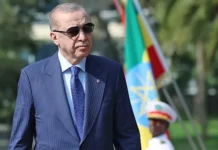Sudan’s deepening conflict has pushed over 25.6 million people, more than half of the population, into hunger, with women and children bearing the brunt of the crisis. Humanitarian groups warn that severe funding cuts are pushing response efforts to the brink of collapse.
Among the hardest hit are 3.7 million children under the age of five, many of whom are acutely malnourished. In Darfur, alarming data shows one in three children suffering from acute malnutrition, exceeding famine thresholds. The crisis is especially dire in East Darfur, where displacement camps are witnessing a surge in unaccompanied, starving, and traumatized children.
“Hunger and malnutrition are taking hold of innocent people caught up in vicious conflict,” said Abdirahman Ali, CARE Sudan’s Country Director. “Response services are collapsing, and the Nutrition sector remains chronically underfunded. If the world continues to look away, more and more lives will slip away.”
Currently, the nutrition response is only 12% funded, while over 637,000 people are experiencing catastrophic, life-threatening hunger, the highest level on the global hunger scale. The funding shortfall has forced humanitarian agencies and local organizations to scale back or suspend vital operations, including food distribution and therapeutic nutrition services.
Fatima, a 45-year-old mother of five who fled Nyala in South Darfur to Alnaeem IDP camp, shared how a community kitchen initially gave her family hope. “My children were finally able to get a meal,” she said. “But when the kitchen shut down, everything changed. We started skipping meals, and the children became weak and sick.”
CARE Sudan, working with local partner Emergency Response Rooms, currently supports three community kitchens in Alnaeem camp that feed over 18,000 displaced people, mostly women and children. The initiative also distributes monthly food baskets, but without renewed and consistent funding, these critical lifelines are at risk.
“We are calling on donors and governments to honor pledges and increase much-needed funding to the Sudan Humanitarian Response Plan,” Ali urged. “These children are our collective responsibility. Every day that passes without aid brings them closer to death.”
CARE Sudan has operated in the country since 1979 and continues to provide water, sanitation, health, livelihoods, and protection services in East Darfur, South Kordofan, Gedaref, Al Gezira, Khartoum, and South Darfur.
Written By Rodney Mbua



















